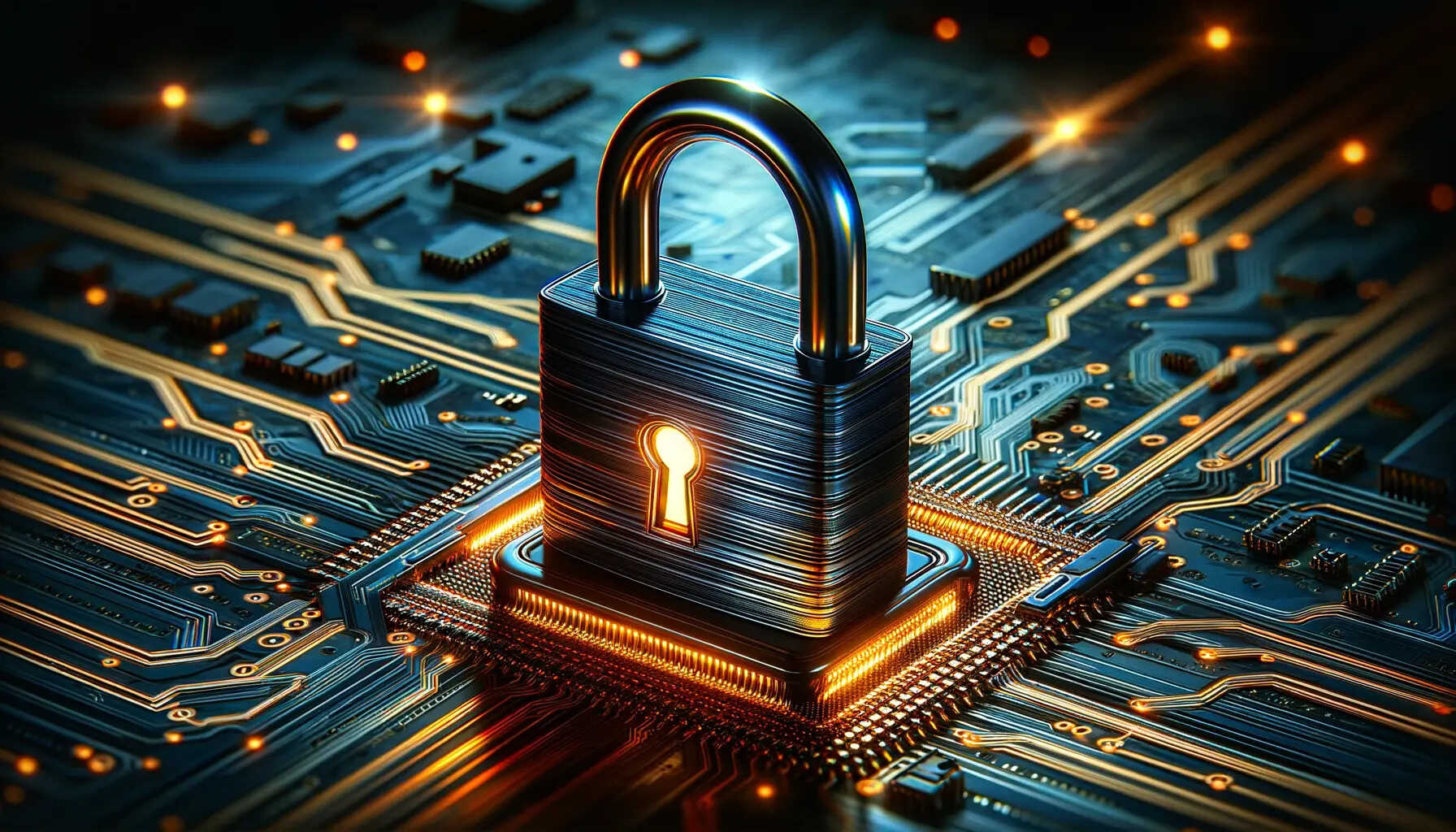
Encryption is a powerful tool that keeps our digital lives secure. But what exactly is it? Encryption is the process of converting information into a code to prevent unauthorized access. Imagine sending a secret message to a friend, but only they have the key to read it. That's encryption in a nutshell! It's used everywhere—from online banking to messaging apps—to protect sensitive data. Without encryption, our personal information would be vulnerable to hackers. Curious about how it works or its history? Let's dive into 26 fascinating facts about encryption that will make you appreciate this digital guardian even more!
What is Encryption?
Encryption is a method used to protect information by transforming it into an unreadable format. Only those with the correct decryption key can access the original data. Here are some fascinating facts about encryption:
-
Ancient Roots: Encryption dates back to ancient Egypt, where hieroglyphs were used to conceal messages.
-
Caesar Cipher: Julius Caesar used a simple encryption technique known as the Caesar Cipher, shifting letters by a fixed number.
-
Enigma Machine: During World War II, the Germans used the Enigma machine for encrypted communication. It was eventually cracked by Alan Turing and his team.
-
Public Key Cryptography: Introduced in the 1970s, public key cryptography uses two keys – a public one for encryption and a private one for decryption.
-
SSL/TLS: Secure Sockets Layer (SSL) and its successor, Transport Layer Security (TLS), are protocols used to secure internet communications.
How Encryption Works
Understanding how encryption works can help appreciate its importance in our digital lives. Here are some key points:
-
Symmetric Encryption: Uses the same key for both encryption and decryption. Examples include AES and DES.
-
Asymmetric Encryption: Utilizes a pair of keys – one public and one private. RSA is a well-known example.
-
Hash Functions: These are algorithms that convert data into a fixed-size string of characters, which is typically a hash value. Common hash functions include SHA-256 and MD5.
-
End-to-End Encryption: Ensures that only the communicating users can read the messages. Popular in messaging apps like WhatsApp and Signal.
-
Quantum Encryption: Uses principles of quantum mechanics to secure data. Quantum key distribution (QKD) is a notable method.
Why Encryption Matters
Encryption plays a crucial role in safeguarding our digital world. Here’s why:
-
Data Protection: Encrypting data ensures that even if it’s intercepted, it remains unreadable without the decryption key.
-
Privacy: Encryption helps maintain user privacy by protecting personal information from unauthorized access.
-
Compliance: Many regulations, like GDPR and HIPAA, require encryption to protect sensitive data.
-
Secure Communication: Encryption allows for secure communication over potentially insecure channels, like the internet.
-
Preventing Data Breaches: By encrypting data, companies can mitigate the impact of data breaches.
Types of Encryption Algorithms
Different encryption algorithms serve various purposes. Here are some of the most common ones:
-
AES (Advanced Encryption Standard): Widely used for securing data, AES is known for its speed and security.
-
RSA (Rivest-Shamir-Adleman): A public-key encryption algorithm used for secure data transmission.
-
Blowfish: A symmetric-key block cipher known for its speed and effectiveness.
-
Twofish: Successor to Blowfish, offering enhanced security and flexibility.
-
Elliptic Curve Cryptography (ECC): Uses elliptic curves to provide security with smaller keys, making it efficient for mobile devices.
Real-World Applications of Encryption
Encryption is used in various real-world applications to protect data and ensure security. Here are some examples:
-
Online Banking: Banks use encryption to secure transactions and protect customer information.
-
E-commerce: Websites use SSL/TLS to encrypt payment information and personal data during online purchases.
-
Email Security: Services like ProtonMail use end-to-end encryption to protect email content.
-
Virtual Private Networks (VPNs): VPNs encrypt internet traffic, providing privacy and security for users.
-
Cloud Storage: Providers like Google Drive and Dropbox use encryption to protect stored data.
-
Smartphones: Modern smartphones use encryption to secure data and protect user privacy.
The Power of Encryption
Encryption keeps our data safe from prying eyes. From ancient ciphers to modern algorithms, it’s evolved to meet new challenges. Encryption protects our online transactions, personal communications, and even national security. Without it, our digital world would be a lot less secure.
Understanding encryption helps us appreciate the technology that guards our privacy. It’s not just for tech experts; everyone benefits from knowing the basics. Whether you’re shopping online, sending an email, or storing files in the cloud, encryption is working behind the scenes.
As cyber threats grow, the importance of strong encryption becomes even clearer. Staying informed about how it works and why it matters empowers us to make safer choices online. So next time you enter a password or send a message, remember the encryption protecting your data. It’s a silent guardian in our digital lives.
Was this page helpful?
Our commitment to delivering trustworthy and engaging content is at the heart of what we do. Each fact on our site is contributed by real users like you, bringing a wealth of diverse insights and information. To ensure the highest standards of accuracy and reliability, our dedicated editors meticulously review each submission. This process guarantees that the facts we share are not only fascinating but also credible. Trust in our commitment to quality and authenticity as you explore and learn with us.
